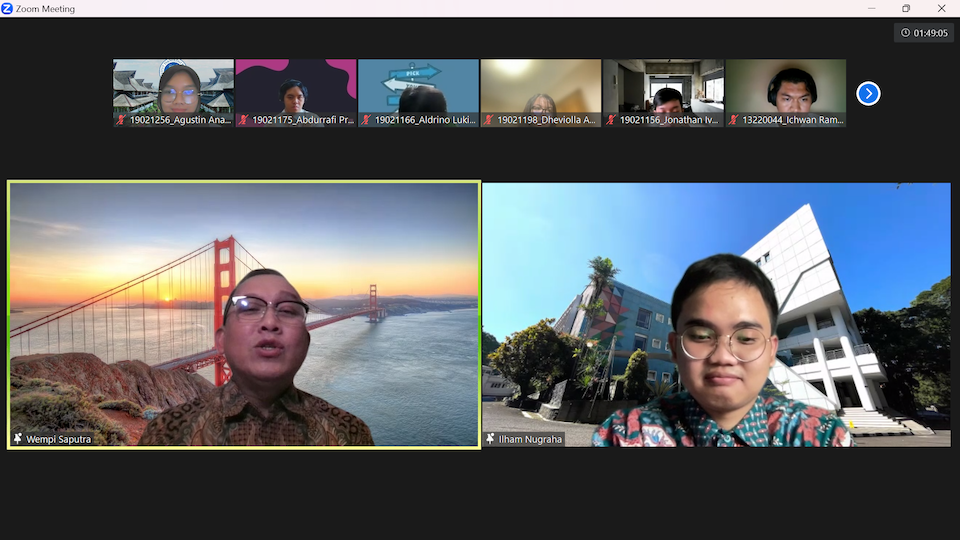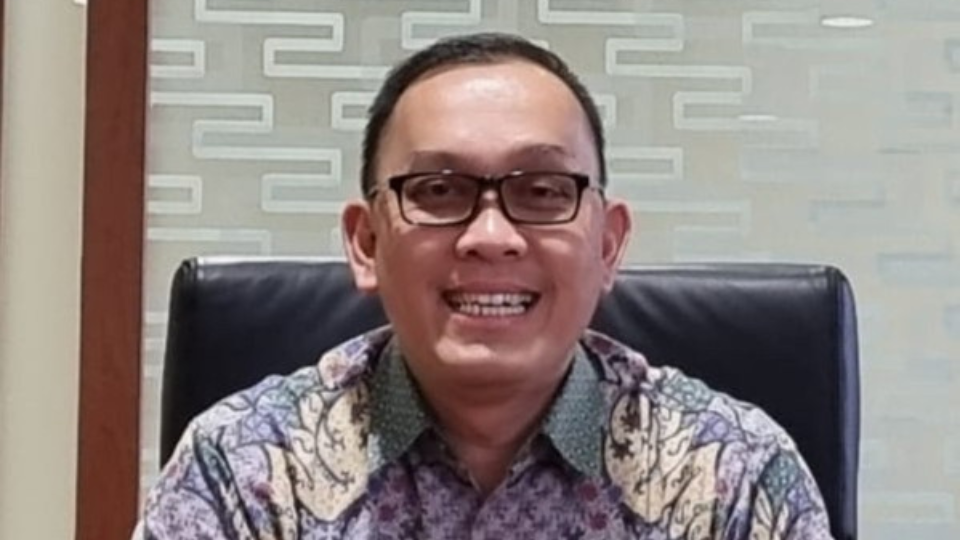Complex thinking has been widely applied in various sectors. One that uses this approach is the World Bank, an international institution that plays a vital role in world financial stability. They need a logical and contextual approach to responding to dynamic policies and global problems.
The World Bank is an international organization that carries out regional and multilateral cooperation with binding agreements, primarily in financing development and fighting human rights violations. On the other hand, international forums such as APEC, G7, and G20 tend to make non-binding agreements and have an extensive operational reach.
Wempi Saputra, the Executive Director of the Southeast Asia Voting Group at the World Bank Group, said that global dynamics are at risk. The conflicts between Russia and Ukraine and the conflict in Palestine will create inflation, resulting in tightening monetary policy. Food and energy markets have also been disrupted.
“In America and Indonesia, food is not a problem. But in Africa, food and energy are major problems. “This is especially risky in low-income countries,” explained Dr. Wempi, in a guest lecture on Critical Thinking, Logic, and Complexity at the SBM ITB (9/11).
In a situation like this, said Wempi, the World Bank needs to end extreme poverty and increase shared prosperity while simultaneously addressing global challenges. This can be done by pursuing trade and investment-led growth to address global challenges.
Contextually, Indonesia is part of the developing countries entitled to receive World Bank support. The World Bank seeks to optimize the impact of development on its operations in mobilizing resources in Indonesia.
“Indonesia is very promising,” he said. “Currently, the World Bank is investing 50% of its financial assistance in a mangrove tree planting project located on one of the islands in Indonesia,” said Wempi. “Not just planting mangroves, but also helping Small and Medium Enterprises in the region to gain economic benefits while increasing environmental awareness.”
According to Wempi, development financing has been hampered by geopolitical tensions and geoeconomic fragmentation, which have caused large price changes. Therefore, partnerships are important in development. In addition, fostering global trust and ensuring multilateralism is well maintained are important points to overcome this problem. He explained that globally, international institutions need young people from all over the world to contribute to global issues and creatively embrace the idea of sustainability for the next generation. He encourages a sense of ownership of the country, policy alignment, and private sector participation to support economic growth, end extreme poverty, and increase shared prosperity.





